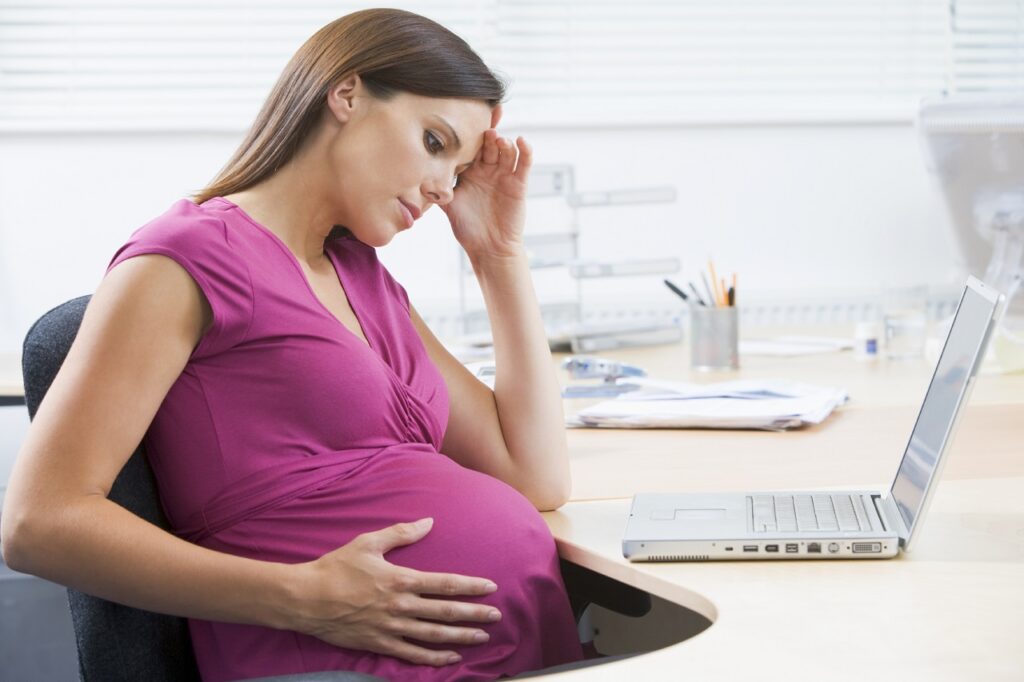There's so much rich insight coming out of the academic sector that HR professionals need to know. At Academics' Corner we feature the best HR researchers that tell you what they’ve found and what you need to do differently on the back of the research. Get connected to the academic sector through Academics’ Corner and make sure you never miss another piece of key research again. If you’re an academic with a relevant story, please get in touch on [email protected].
Balancing parenthood and paid work is never easy, despite all the legislation and policy initiatives aimed at supporting employed parents with dependent children. I have been researching the challenges of combining parenting with paid work for over 17 years now.
Yet the scale and nature of unfair treatment experienced by pregnant women and new mothers, in particular, continues to astound me. Despite well-established legal protection supposedly supporting employed parents in the UK, the numbers of expectant mothers experiencing discrimination at work remain high.
Unfair treatment experienced by pregnant women and new mothers, in particular, continues to astound me.
When I began researching in this area in 1998, I discovered that my (usually qualitative) findings about pregnancy discrimination were often challenged by critics who insisted that these must be ‘extreme’ or ‘one off’ cases.
Over the years, I have learned that while the unfair treatment of some pregnant women at work may be so unkind and disadvantageous that it appears extreme, this is by no means unusual. It is not uncommon for a highly qualified, professional and able woman, with an exemplary track record, to find herself marginalized and de-valued once her pregnant status is known.
Time and again, I hear accounts from women who, on becoming pregnant, are demoted; downgraded and side-lined in a most literal sense. Desks are removed onto corridors, belongings packed up and directed to smaller offices (in one case a converted broom cupboard) and client-facing work is allocated to other colleagues.
The most recent research report by the Equality and Human Rights Commission (EHRC) and The Department for Business, Innovation and Skills (BIS) on managing pregnancy and maternity in the workplace affirms that little has changed.
This programme of research looked at the prevalence and nature of pregnancy discrimination at work gathering information from over 3000 employers and 3,200 mothers. While some employers are empathetic towards pregnant workers, the report suggests nevertheless that up to 54,000 women per year may be eased out of their jobs due to pregnancy (or might feel under pressure to resign).
Many new mothers are treated worse by their employer on their return to work after maternity leave than before pregnancy, and around half of women working flexibly after child birth feel less valued at work. The experiences of mothers who took part in the EHRC/BIS research echo those within my own research in which pregnant women have been told, variously, to ‘go home’ or ‘leave’ because they have ‘let the side down’.
Given that anti-discrimination policy has been in place in the UK for around 40 years, now, the persistence of such unfair treatment could be seen as surprising. It raises the dual questions of ‘Why is this still happening?’ and ‘What can we do about it?’
One reason why pregnancy discrimination continues is because addressing this is so hard for individual women, who are (understandably) anxious about the stress and financial strain of instigating a challenge. Moreover, women fear that contesting unfair treatment during pregnancy and new motherhood might exacerbate discrimination, with mothers punished and excluded from job opportunities if they pursue redress. As the website ‘Pregnant then screwed’ demonstrates, women are often afraid to come forward and the most unpleasant and unfair examples of disadvantage are reported anonymously.
One reason why pregnancy discrimination continues is because addressing this is so hard for individual women.
So what can we do about this? The answer goes beyond policy and legislation and requires a change in employer attitudes. First, it is important for organisations to acknowledge that the problem exists. It is all too easy for employers to deny the issue of pregnancy discrimination despite the evidence that this occurs.
Second, HR departments need to push organisations to ensure that working practices are genuinely more inclusive, with pockets of unfair practice exposed and addressed. Losing talented and experienced female staff is not in the interests of organisations but continues to occur.
We need proactive strategies for ensuring that employers understand the needs of pregnant employees so pregnant women and new mums are valued and protected and that women’s talent is not lost in a chilly climate of demotion and downgrading.











